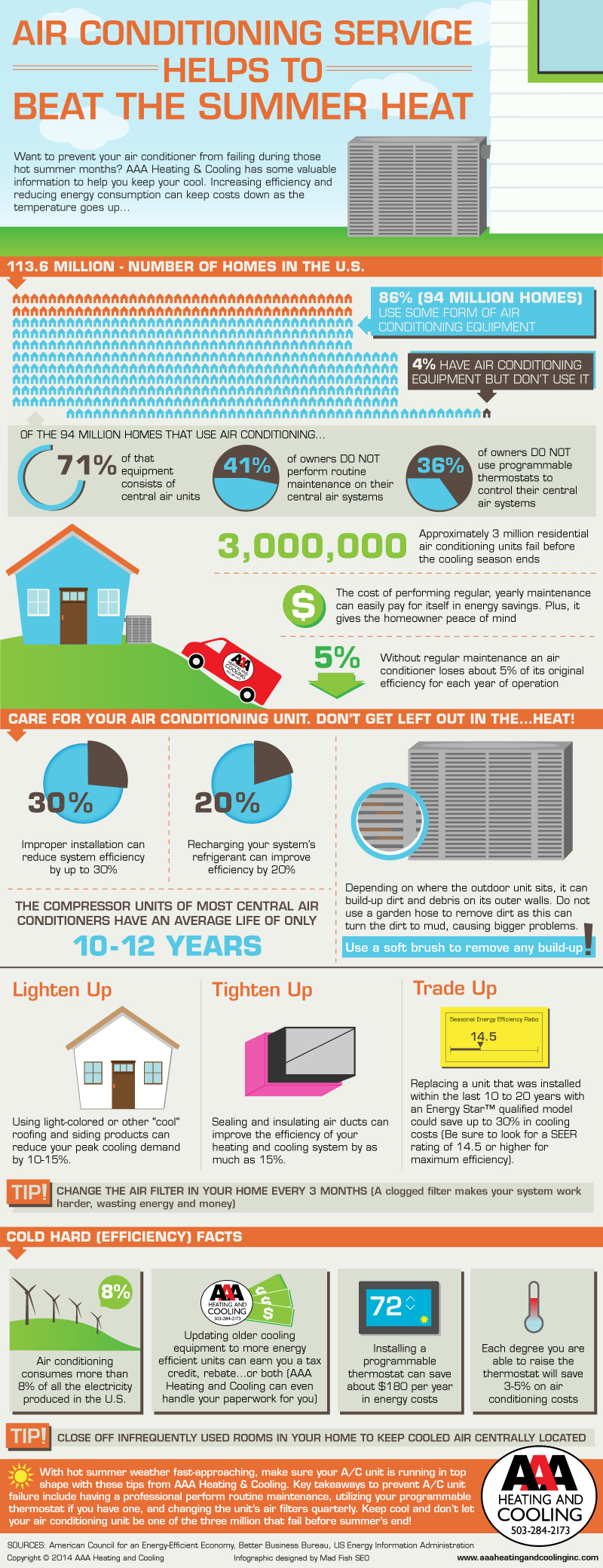Exploring The Environmental Advantages Of Warmth Pumps - A Sustainable Home Heating Service
Exploring The Environmental Advantages Of Warmth Pumps - A Sustainable Home Heating Service
Blog Article
Staff Author-Crabtree Burgess
In an age where sustainability and energy effectiveness are paramount, many organizations look for environment-friendly heating remedies. https://www.seattletimes.com/business/a-scramble-to-address-fears-that-coronavirus-can-spread-through-shared-air-in-buildings/ is the heat pump.
A heatpump draws out the warmth in its environments and pumps it right into your home, causing one of the most effective green main heating systems around. This procedure also creates zero greenhouse gas emissions, making it a highly sustainable innovation.
Power Efficiency
Heatpump are very energy efficient and call for little maintenance. They utilize less electrical power than various other heater and are without a doubt one of the most eco-friendly. They function well with roof solar and can typically pay for themselves in utility savings alone.
They can also supply cooling, which is wonderful for garage workshops, attic room hangouts and bonus offer rooms, and home enhancements without extending the existing ductwork. They can also be utilized for retrofits in existing homes with hydronic (water-based) distribution systems such as low temperature radiators or radiant floorings.
Seek designs with SEER and HSPF scores that fulfill or exceed Canada's minimum standards, as well as the criteria in your region. Higher ratings suggest higher efficiency, which saves you money in the long run and lowers your carbon impact. You may also qualify for rebates and motivations! The most effective units are those with a ground heat exchanger for included efficiency. These devices can absorb thermal energy from the ground throughout the wintertime and extract it in the summer season.
Reduced Greenhouse Gas Emissions
Heat pumps work on power and basically move warmth from the air, also when it's cold outside. They have the ability to extract the complimentary heat trapped in air particles and move them inside your home, decreasing humidity while doing so.
Compared to gas heaters, modern heat pumps use less than one kilowatt of electrical energy per kilowatt of home heating power they produce. This makes them one of the most energy reliable heating choice readily available with a POLICE (Coefficient of Performance) of four or more. By reducing the requirement for nonrenewable fuel sources, heat pumps help in reducing greenhouse gas emissions and cut various other major air contaminants.
Structure decarbonization is a global critical, and the cooling and heating market is an essential vehicle driver of that procedure. Whether it's investor making web zero dedications, plan makers establishing emissions restrictions, or tenants demanding greener spaces, electrical heatpump are being identified as a necessary solution. They are an affordable method to lower carbon emissions by getting rid of the need for fossil fuels in structures.
Flexibility
Heatpump can be made use of in numerous kinds of homes and buildings-- with or without ducts. They collaborate with hot-water radiators, air-conditioning and programmable thermostats. They can change heating systems or be mounted in brand-new homes. They can run on solar panels, geothermal systems or even district home heating sources like wastewater.
They're wonderful at providing more warmth per power system. For https://costofinstallingwaterhvac77760.nizarblog.com/29471801/the-future-of-home-heating-just-how-heatpump-innovation-is-advancing , an air-source heatpump creates up to three or more heating units from each electricity system it takes in.
Obtaining the most from your heatpump will depend on your climate area and top quality of insulation. Look for designs with power STAR scores and contrast their SEER or HSPF specifications. In warmer environments, focus on SEER; in colder areas, think about a system with a higher HSPF rating. Additionally, invest in air securing and insulation to minimize the lots on your heatpump. That will boost power effectiveness and help you reach your Internet Zero objectives much faster.
Biomass Boilers
Biomass central heating boilers use wood pellets, chips or logs to produce heat and hot water. They are an excellent choice for off-grid homes or those who wish to get off the gas grid.
As a standalone furnace, biomass can provide enough energy to maintain your home warm all the time without the common heat drop off of other sustainable technologies. They can likewise be made use of along with solar panels to increase financial savings and take advantage of RHI payments.
A drawback of these systems is the upfront expense and routine gas shipments. Usually, pellets will need to be blown into a gas shop making use of a vacuum cleaner system or they can be manually fed right into the central heating boiler via a hopper. Logs are typically self-sourced from nearby timberland or bought in bulk. As well as this, they need hands-on loading and might require cleaning regularly.